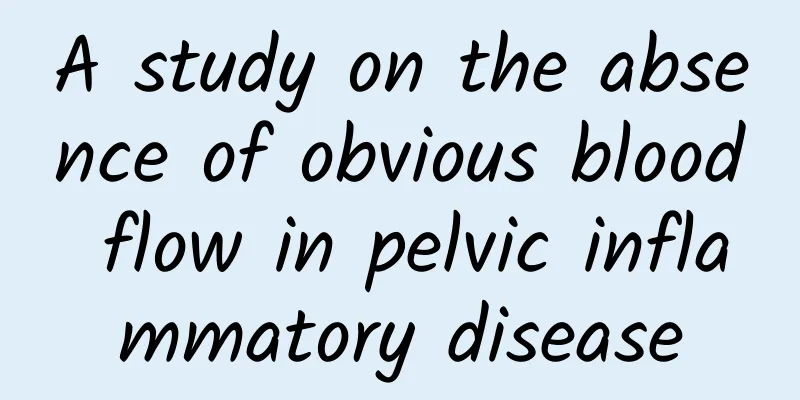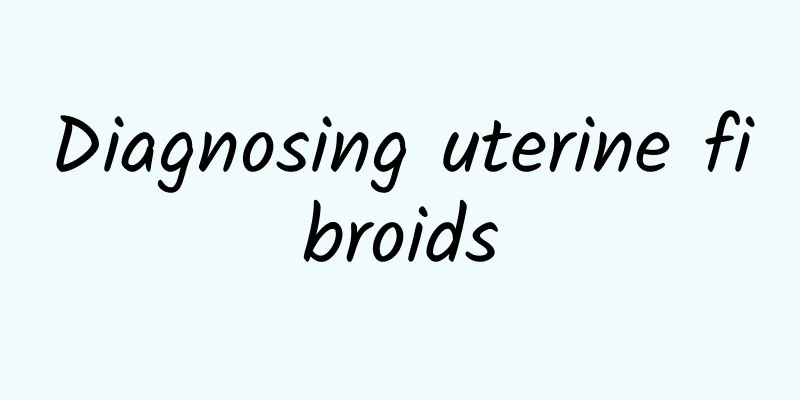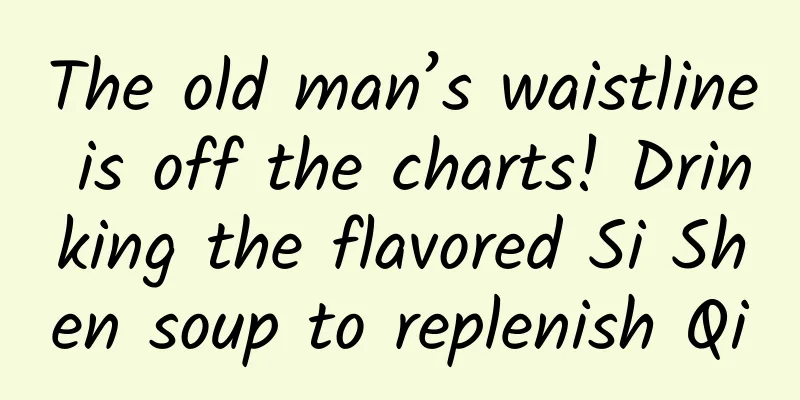What are the symptoms of pelvic peritonitis?

|
The symptoms of pelvic peritonitis mainly include lower abdominal pain, fever, increased abnormal secretions, menstrual disorders, and general fatigue. If the symptoms are severe, you should seek medical attention immediately to avoid delaying treatment and causing complications. Lower abdominal pain is the most common manifestation of pelvic peritonitis. The pain is usually persistent and may be accompanied by tenderness or distension, which worsens with activity or changes in body position. Fever is usually low-grade, but chills and high fever may also occur, indicating an inflammatory infection. Increased vaginal discharge that may be abnormal in color, such as yellowing or blood, and accompanied by a peculiar smell is another warning sign. In some patients, menstrual disorders may also occur, such as prolonged menstruation or increased menstrual flow. Chronic pelvic peritonitis may cause fatigue, loss of appetite, nausea, and even constipation. If the condition is not controlled for a long time, it may develop into fallopian tube obstruction or infertility. Lower abdominal pain is the most common manifestation of pelvic peritonitis. The pain is usually persistent and may be accompanied by tenderness or distension, which worsens with activity or changes in body position. Fever is usually low-grade, but chills and high fever may also occur, indicating an inflammatory infection. Increased vaginal discharge that may be abnormal in color, such as yellowing or blood, and accompanied by a peculiar smell is another warning sign. In some patients, menstrual disorders may also occur, such as prolonged menstruation or increased menstrual flow. Chronic pelvic peritonitis may cause fatigue, loss of appetite, nausea, and even constipation. If the condition is not controlled for a long time, it may develop into fallopian tube obstruction or infertility. Paying attention to daily hygiene, keeping the vulva clean, avoiding frequent bathing and unclean sexual life can help prevent inflammation. At the same time, medical treatment should be sought as soon as possible after infection to avoid complications of chronic pelvic inflammatory disease. Treatment usually includes antibiotic treatment, such as cephalosporin antibiotics or metronidazole combination therapy; hospitalization for infusion treatment may be required when symptoms are severe; if complications such as abscesses occur, surgical drainage may be required. During the recovery period, patients should rest more, eat a light diet, and enhance their body's immunity. If the above symptoms are found, seek medical attention in time for a clear diagnosis and active treatment. |
>>: Postpartum vulvar itching and abnormal vaginal discharge
Recommend
What is the internal pain like after uterine fibroid surgery?
What is the internal pain like after uterine fibr...
The imperial disease is getting younger! To stay away from gout, control your weight first
Taiwan is nicknamed the "Kingdom of Gout&quo...
Sequelae after multiple abortions
Abortion is now a very common thing, and there ar...
What are some ways to relieve dysmenorrhea?
During those days of the month, most girls will f...
Four most effective methods for diagnosing ectopic pregnancy
Ectopic pregnancy is a common symptom of gynecolo...
What ointment is good for vulvar itching
The occurrence of vulvar itching bothers every pa...
What are the types of pelvic inflammatory disease?
Pelvic inflammatory disease is a common gynecolog...
Eating too much salt during the Mid-Autumn Festival causes edema? Hawthorn and Astragalus Drink can help improve
Eating barbecue, moon cakes and grapefruit is the...
【Video version】Drink more water to lose weight successfully! Is it right to drink at 6 o'clock in the morning, afternoon and evening?
As the saying goes, "A man can go without fo...
5 tips for children to eat less snacks and stay healthy without getting fat
During the Chinese New Year, every household will...
Difference between cervical adhesion and intrauterine adhesion
The main difference between cervical adhesions an...
What is menopause overview?
Menopause refers to the decline of women's ov...
Can hyperprolactinemia cause dystocia?
What should you do if you unfortunately suffer fr...
What are the dangers of uterine fibroids?
Uterine fibroids, known as the "first gyneco...
What surgery is best for uterine fibroids?
What surgery is best for uterine fibroids? Uterin...









